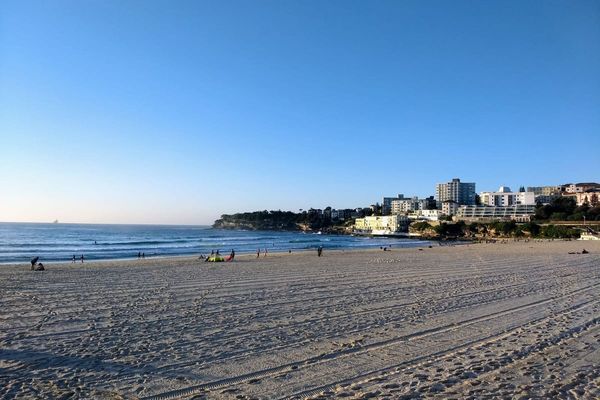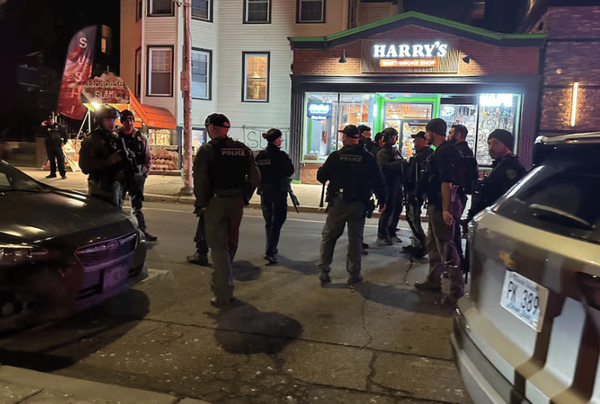After two and a half months of widespread and continuing violence in Manipur, which included a conflagration in early May, Prime Minister Narendra Modi finally broke his silence, after video images of tribal women being paraded naked in Thoubal district on May 4 once again showed up the heinous nature of the conflict in the State. But Mr. Modi is yet to acknowledge the causes and the consequences of the conflict that is threatening to spiral out of control. The Supreme Court of India’s suo motu cognisance of the sexual assault seen in the video and its issuance of ultimatums to both the Union and the State governments to bring the perpetrators to book or to step aside and let the judiciary take action are a stinging indictment of their failure in restoring normalcy in Manipur. After outrage expressed by Members of Parliament and political representatives cutting across party lines, Mr. Modi, who has maintained a conspicuous and unexplained silence on the raging violence in Manipur, weighed in on the crime and promised punishment of the guilty. For a leader who has always sought the limelight and the need to dominate the airwaves, Mr. Modi’s stand on the Manipur violence till now had betrayed an insouciant attitude towards the crisis in the State. The renewed attention on the Manipur conflict has finally led the State government to promise that it will bring the perpetrators to book, but the events of the last two and a half months reveal a significant gulf between the Meitei and the Kuki-Zo communities. Steps towards reconciliation would require much better leadership than what the much touted “double engine” government of the Bharatiya Janata Party (BJP) has offered so far.
Despite Home Minister Amit Shah’s visit to Manipur in late May in the aftermath of the conflagration, there has been little movement on getting the displaced people back to their homes or ensuring a reduction in ethnic hostility; sporadic incidents of violence continue to roil the State. Manipur Chief Minister N. Biren Singh’s policies and utterances have shown that he is unable to rise above identitarian politics. The Kuki community sees him as part of the problem. The BJP too is divided on ethnic lines. If the sequence of events leading up to this situation and the festering ethnic hostility are anything to go by, it should be clear that Mr. Singh’s continuation as the Chief Minister is untenable. But the BJP seems loath to antagonise Meitei majoritarians whose support allows Mr. Singh to retain power. While Mr. Singh’s government has finally sought to take action against the crime committed on May 4, by arresting four men following the outrage, more needs to be done to reverse the hostile situation. Replacing Mr. Singh with a less controversial leader would allow for civil society representatives from the different ethnicities to begin reconciliation and peace initiatives in earnest.







